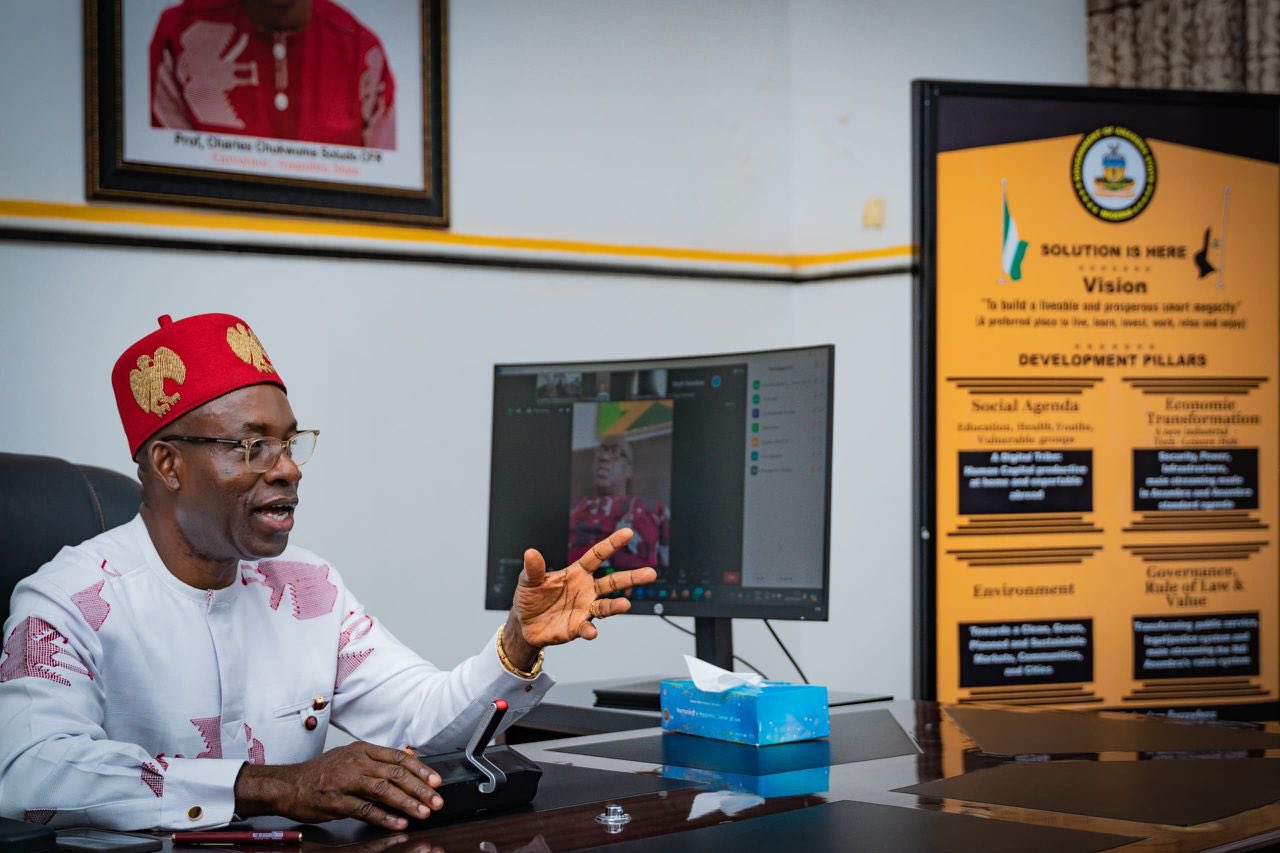The federal government has formally set 16 as the minimum age for entry into Nigerian universities, polytechnics, and colleges of education.
This decision was announced by Minister of Education, Dr Tunji Alausa, at the 2025 JAMB Policy Meeting held in Abuja on Tuesday.
Alausa stressed that “the official age of 16 is not negotiable.” He also warned that all admissions outside the Central Admissions Processing System (CAPS) will be considered illegal, regardless of intent.
“Any admission conducted outside CAPS, regardless of its intentions, is illegal,” he said. “Both institutions and the candidates involved in such practices will be held accountable.”
Institutions Face Sanctions for Illegal Admissions
Dr Alausa said that violators may face withdrawal of institutional assets or prosecution of culpable governing council members and officers.
He urged vice-chancellors, provosts, and rectors to ensure full oversight of their academic boards. The Minister reminded them that while institutions initiate the admission process, JAMB has legal oversight to ensure equity and order.
CAPS, introduced in 2017, was created to automate the admission process and reduce human manipulation. The system is designed to prevent backdoor admissions, favouritism, and administrative bottlenecks.
“We must prevent unauthorised practices. The Ministry will monitor compliance with JAMB closely,” Alausa said.
He also reinforced the policy mandating the use of National Identification Numbers (NIN) in JAMB registrations.
“The NIN requirement has proven vital in safeguarding the integrity of our admission system by curbing identity fraud and multiple registrations,” he added.
He warned that “any abuse of the NIN system will be identified and punished.”
Misalignment in Admission Quotas and Intake
Dr Alausa presented fresh statistics revealing that many institutions are failing to fill available quotas in critical fields such as engineering, education, agriculture, and health sciences.
“We have capacity, but we are not admitting enough students. We need to start closing the gap,” he said.
He also raised concern over underutilised institutions. According to him, “over 120 universities received fewer than 50 applications this cycle.”

He argued that “the problem is not about access; it’s about alignment and capacity. We don’t need to open new tertiary institutions in every ward. Instead, we must expand and strengthen the capacity of existing ones.”
Senator Shuaib Salisu, Chairman of the Senate Committee on ICT and Cybersecurity, also spoke at the event. He called for the criminalisation of fraudulent admission practices.
Salisu warned institutions against deceiving students into pursuing invalid admissions. He said such practices damage futures and must end.
“We will explore legislation to criminalise these practices and hold admission officers and institutional leadership accountable,” he stated.
He also advocated for an inclusive education system, saying it must be designed to “drive peace and economic growth.”
Rate, Like 👍, Comment💬, share this article, Follow us on our social media handles, and Submit your own story to get featured and earn rewards!








